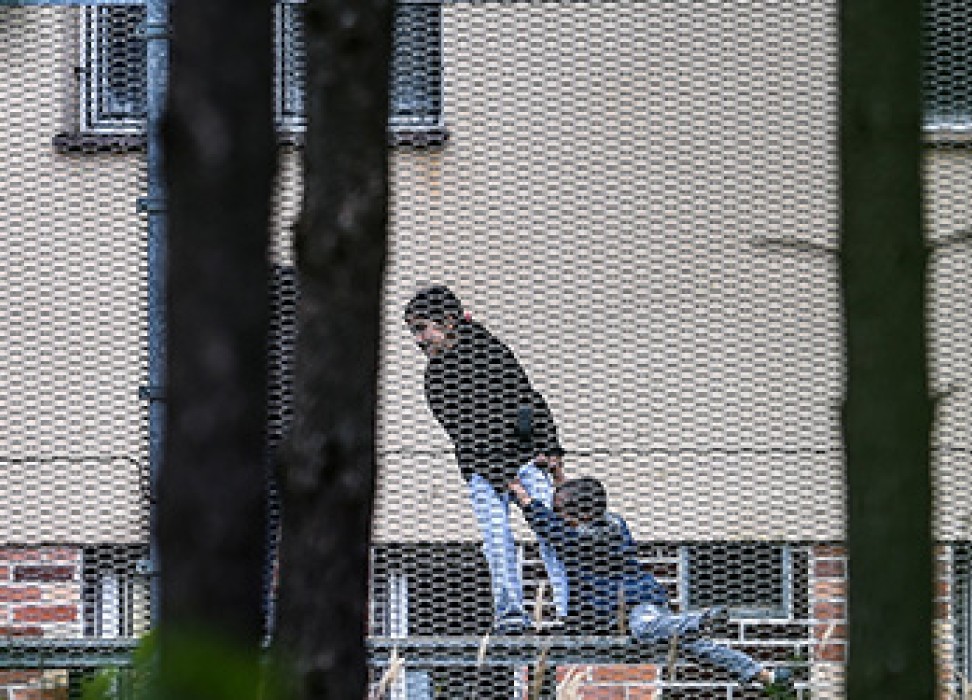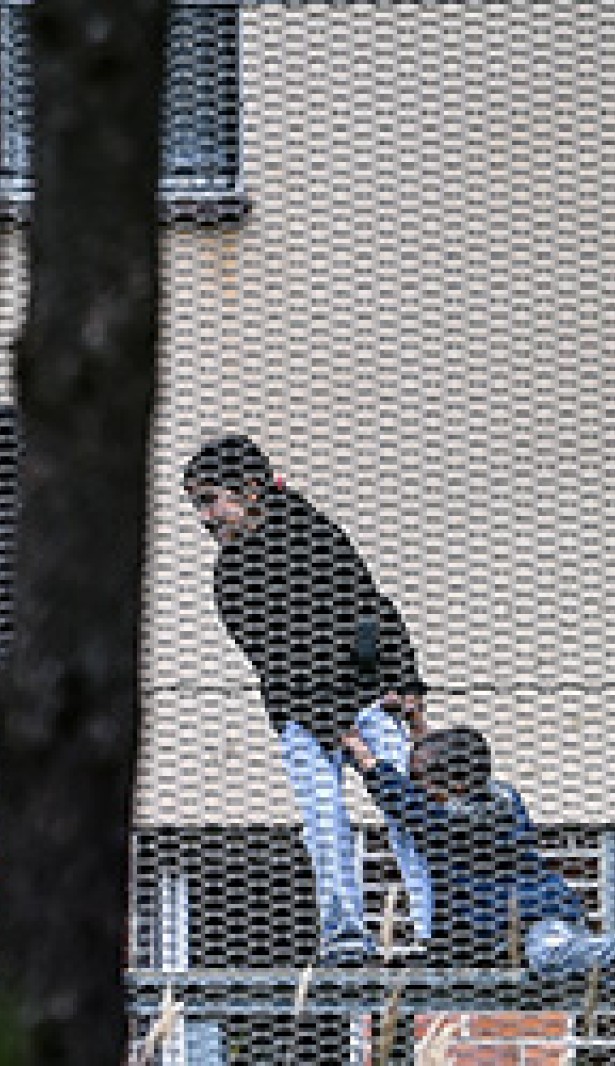Hear Our Voices—Children in Immigration Detention
13 November 2012

Amin Senatorzade, a former child migrant from Afghanistan, left his homeland for Turkey and found himself detained in Turkey, Greece, and Norway. At 16, Afghan-born Gholam Hassanpour migrated alone to Greece from Iran and was placed in detention.
According to the International Detention Coalition (IDC), more governments are using detention as a measure against irregular migration. This results in thousands of migrant children being imprisoned or held in detention centers, some for long periods of time. In addition to the violation of their rights due to undue detention, many of them are held without their parents present, leaving them particularly exposed to physical, sexual and psychological abuse.
The IDC was able to provide six children with a unique platform to share their personal experiences in detention during a side event, “Hear Our Voices—Children in Immigration Detention,” at the Committee on the Rights of the Child’s annual Day of General Discussion (DGD) on the Rights of All Children in the Context of International Migration held at the Palais des Nations in Geneva earlier this fall.
Six formerly detained children shared their stories by performing a play called “Always Behind My Back.” The presentation was produced during a one-week workshop where the group collaborated on art projects, shared their stories, and participated in creating the presentation’s key messages for the theatre presentation.
“The art was used as a focus for the telling of the often very traumatic stories because it allows for a measure of emotional distance and limits re-traumatisation,” says Glynis Clacherty, the IDC’s child participation facilitator and researcher. Clacherty explains that the stories were recorded and used for creating the script in order to fully capture their experiences in detention.
“I was on the boat with 70 people,” says 15-year-old Bashir Youseidei, who was detained for seven months in Australia having migrated from Afghanistan. “We didn’t have any food and any water for seven days. I was excited to arrive when I got there (to Australia) to get an education. But, I got really sad when I saw the fence… It is always behind me, here—the memory.”
Many of these children shared similar stories. Gholam arrived in Greece seven years ago from Iran without his parents. He was a victim of abuse by the police who detained him. “The police took me and another boy and four men and they beat us very hard,” says Gholam. At 16, Rim Tekei Salomon spent six months in an Israeli detention camp. “My parents left Eritrea during the war to Sudan. I was born in a refugee camp.”
During the DGD, UN Human Rights Special Rapporteur on the human rights of migrants Francois Crepeau said, “States often saw migration as a problem and portrayed migrants as potential law breakers or criminals, overlooking the fact that migration of children in particular had multi-dimensional root causes, such as the persecution of the child or the child’s parents, post conflict situation, and trafficking, including the sale of the child by its own parents.”
The Committee also emphasized that article 37 of the Convention on the Rights of the Child, which also applies in migration situations and is legally binding for its 193 States parties, explicitly states that “no child shall be deprived of his or her liberty unlawfully or arbitrarily” and the “arrest, detention or imprisonment of a child shall be in conformity with the law and shall be used only as a measure of last resort and for the shortest appropriate period of time.”
The presentation was produced with the support of the Global Campaign to End Immigration Detention of Children—a campaign that was launched in March at the 19th session of the United Nations Human Rights Council Session in Geneva.
13 November 2012

VIEW THIS PAGE IN:
